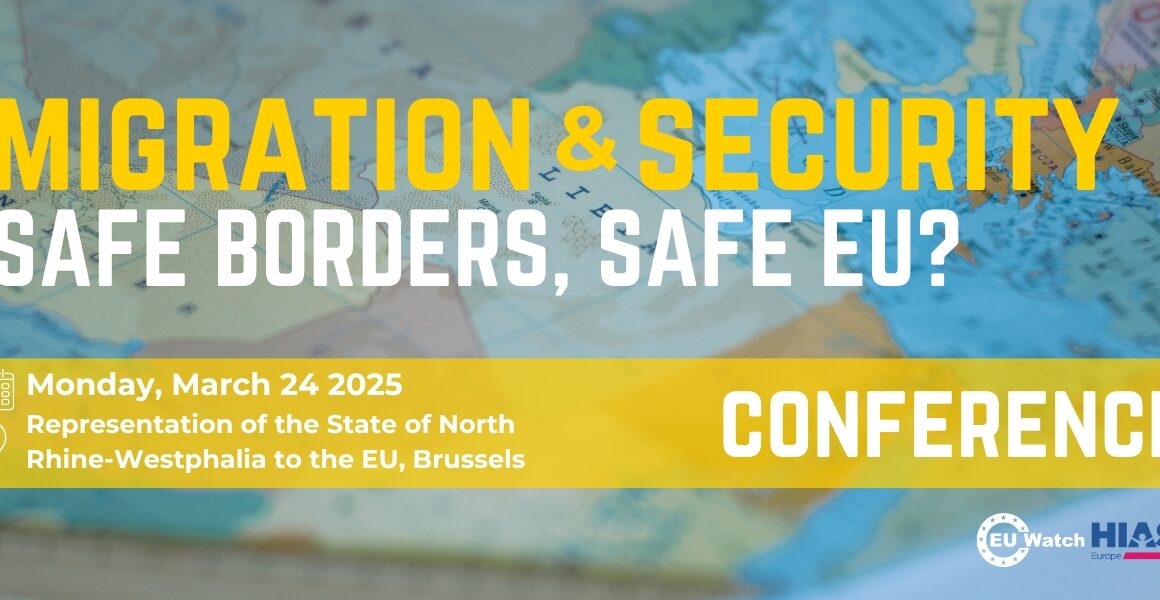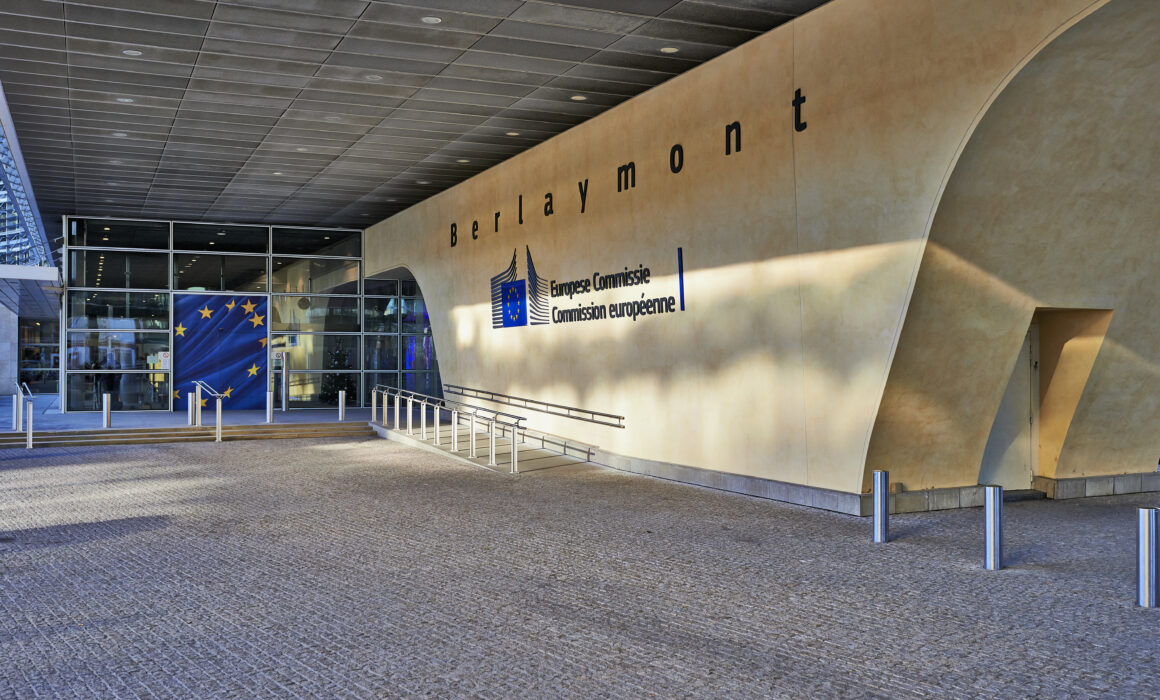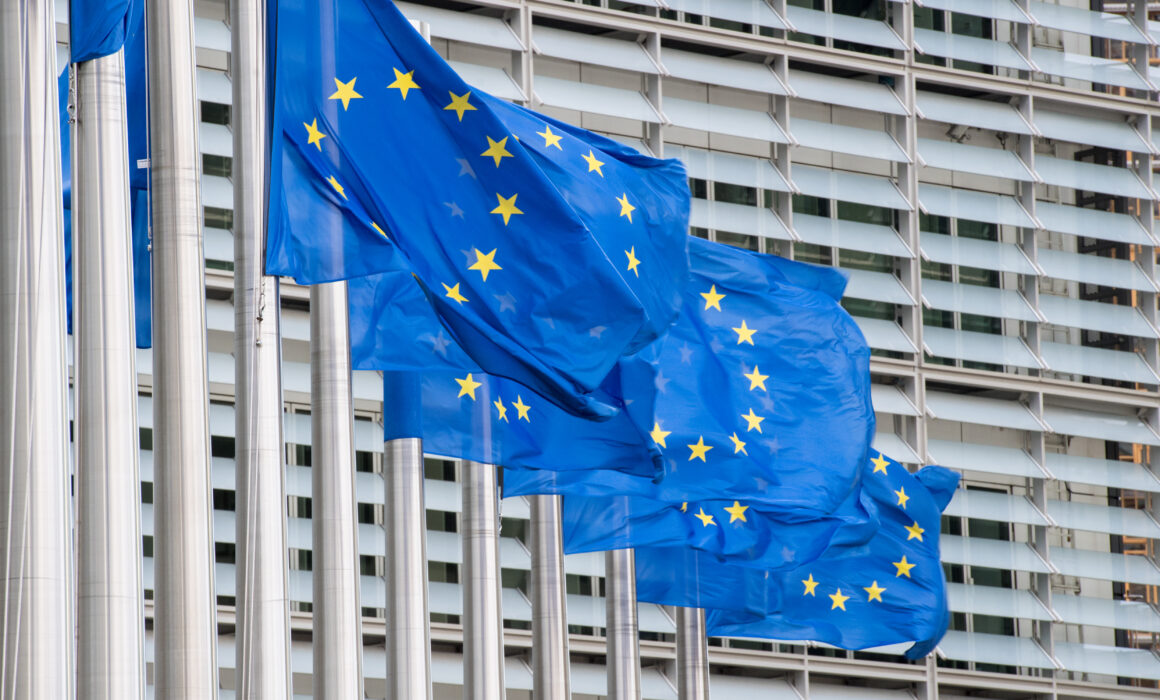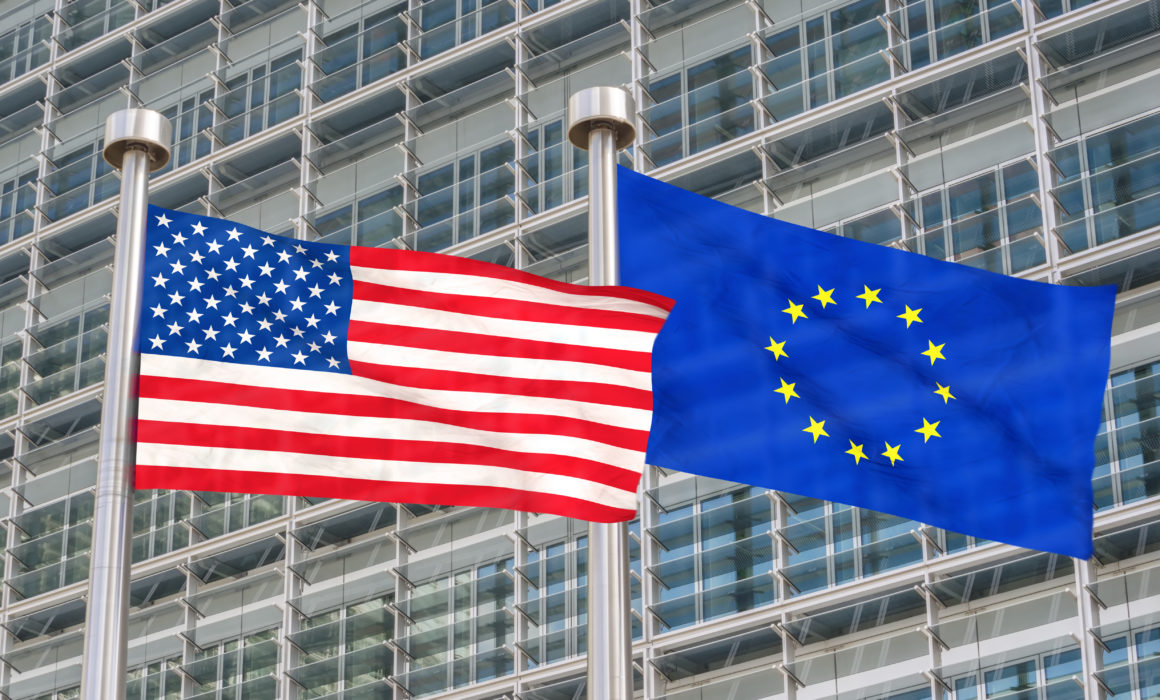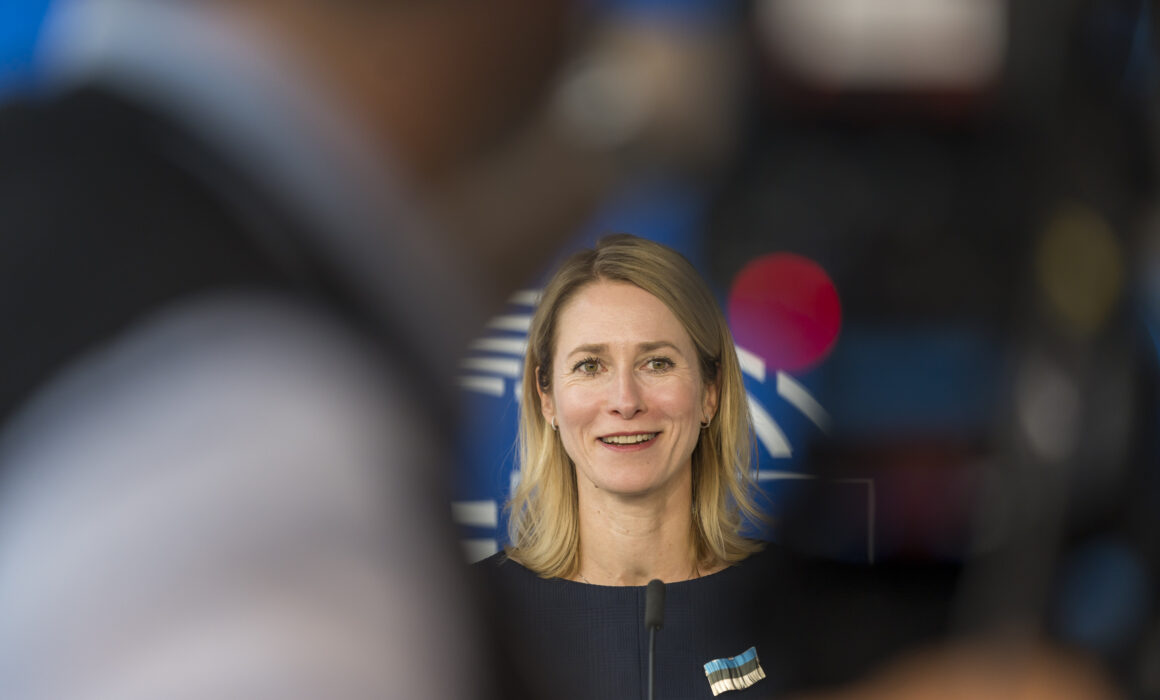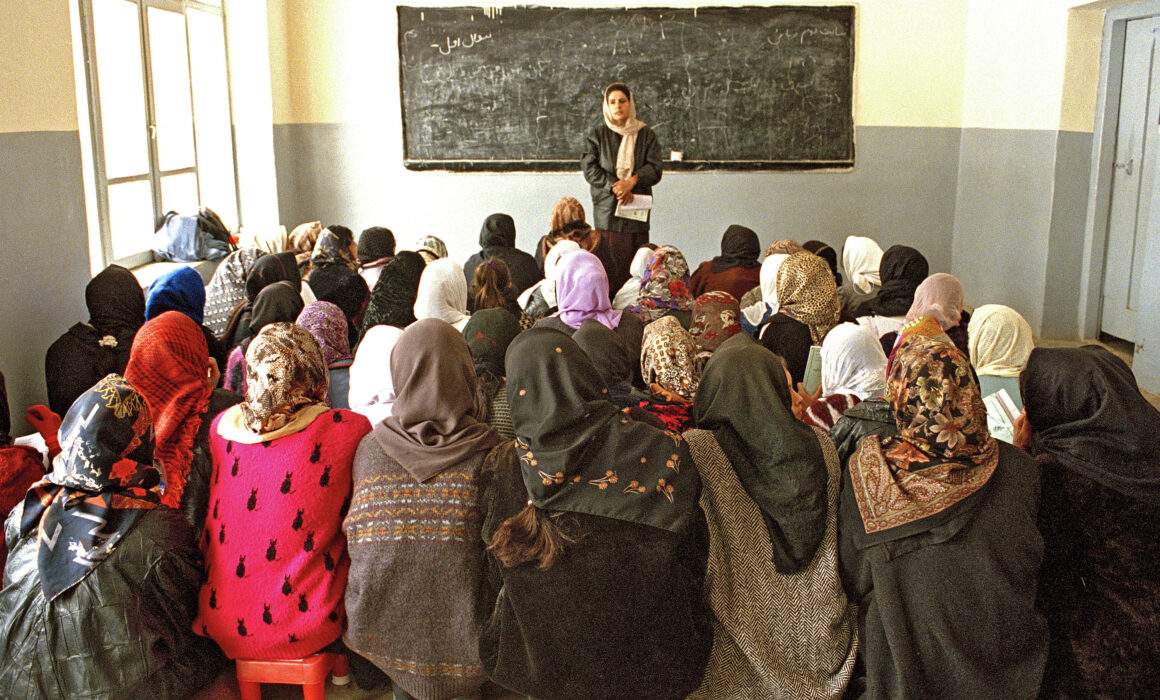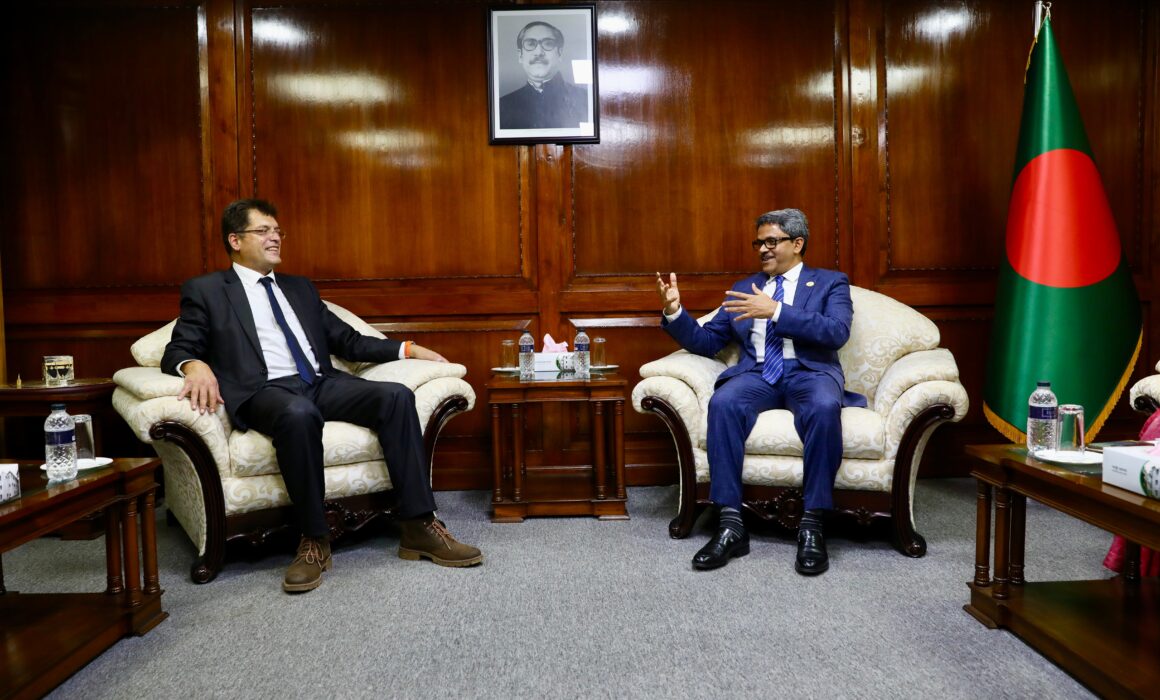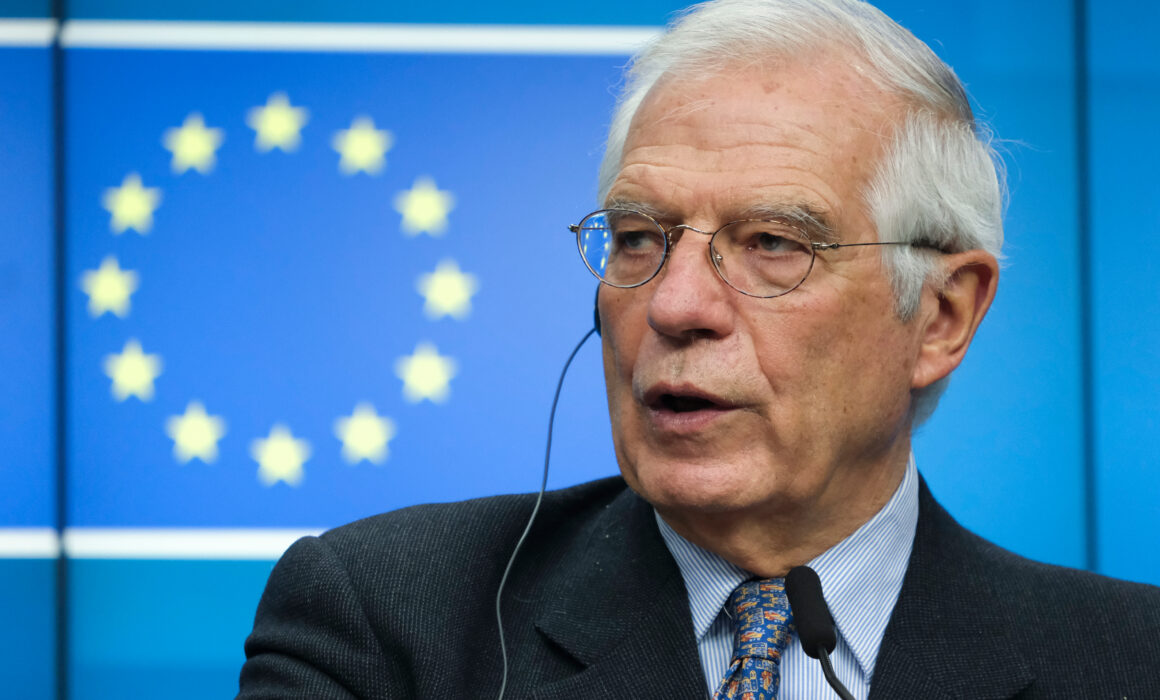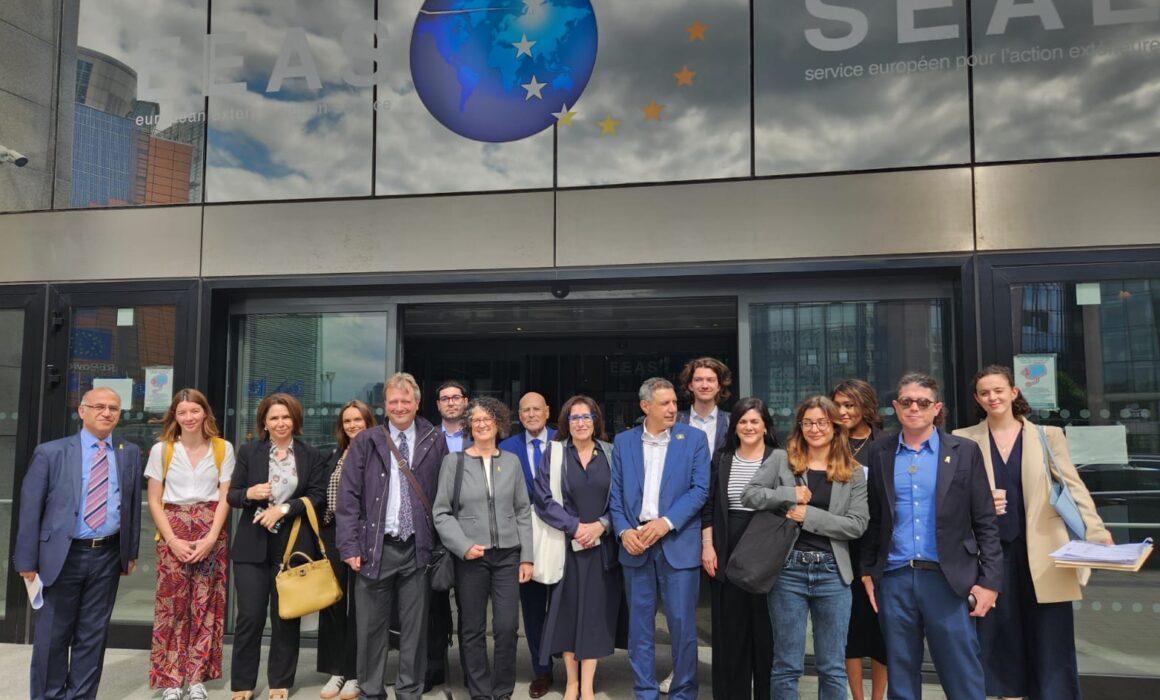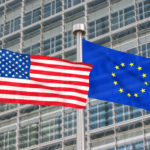Former European Parliament member Helga Trüpel on the corruption scandal engulfing the European Parliament.
Helga Trüpel is a co-founder and Board member of EU Watch.
From 2004 to 2019, she served as a member of the European Parliament for the German Green Party.
During the 1990s, Helga was Senator (regional minister) for culture and integration in the city state of Bremen.
From 1987 to 1991 and from 1995 to 2004, she served as a member of the regional legislature of Bremen.
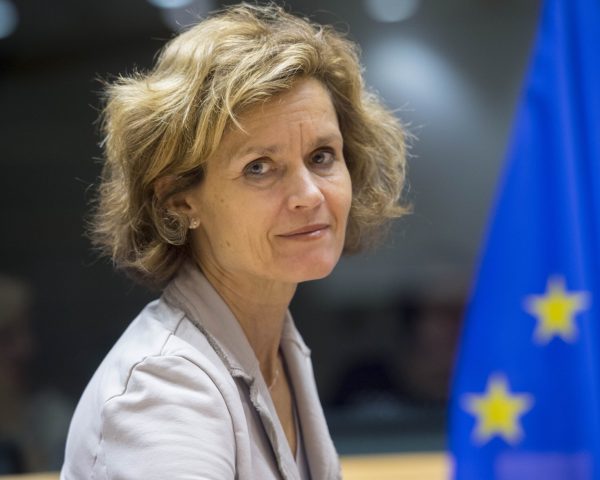
Ms. Trüpel, you served as a member of the European Parliament from 2004 to 2019. Were you surprised about the corruption scandal that has erupted now?
At first, I was taken aback that something like this could happen on the European stage. But then I started to reflect, and I was not so surprised anymore. This is a disaster for the European Parliament. To give you an example: I just went to a Green Party office in my hometown Bremen. One of the deputies who saw me with my backpack immediately said, ‘Oh, Helga, what a big backpack! Probably it is full of money!’. That gives you a flavour of what people now think about the European Parliament and its members.
How do you assess the initial reaction by the Parliament?
I am glad that President Roberta Metsola reacted quickly. She made it very clear there can be no impunity. The parliament has now removed Eva Kaili from the position of vice-president. But we still don’t know what really happened. Multiple offices in the Parliament have been sealed by the investigators, both in Strasbourg and in Brussels, so it is early days.
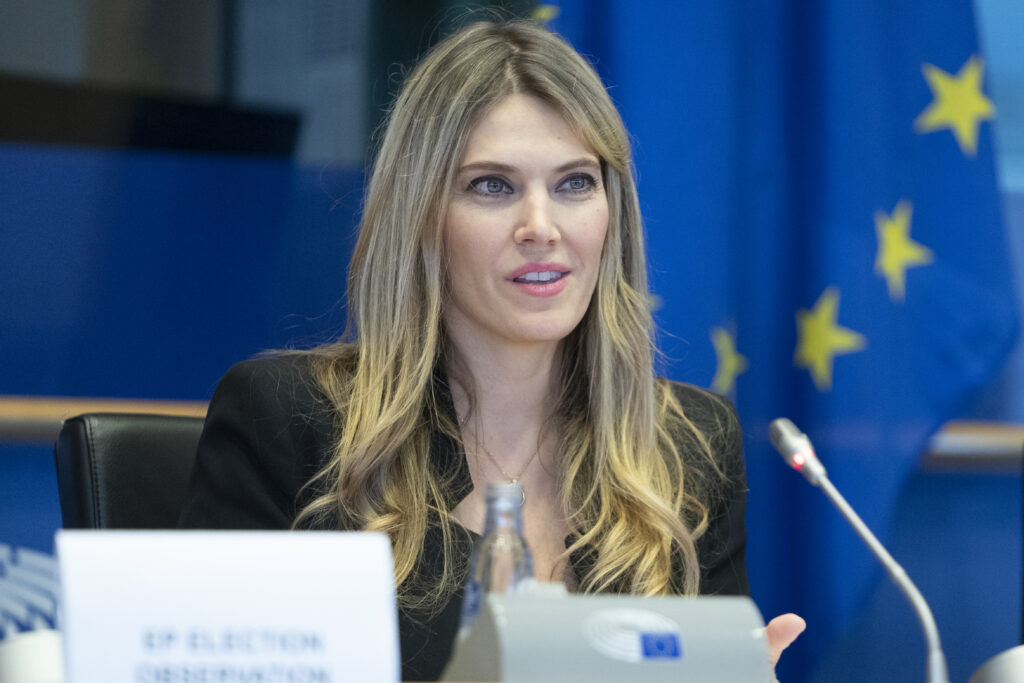
Several assistants are part of the investigation. To what extent can the assistants act independently of their employers, the members of parliament?
It is possible, but I would say it depends on the MEP. Some assistants are very ambitious, they want to conduct their own politics. Much of it boils down to the relationship between the MEP and his or her assistants.
What is the gateway for influence in the European Parliament for foreign actors, and what can be done about it?
I would start with the delegations to individual countries. During my time at the European Parliament, I was a member of the Delegation for relations with the People’s Republic of China (PRC), and I traveled multiple times to China. Early in the run-up to the 2008 Olympic Games in Beijing, it became clear that the Chinese were trying to sell us their narrative that the Olympics would free up the people, that they would open up and liberalize China. At the time, there was a debate in the EU whether this grand event would be more to the advantage of the Chinese Communist Party or for the Chinese people.
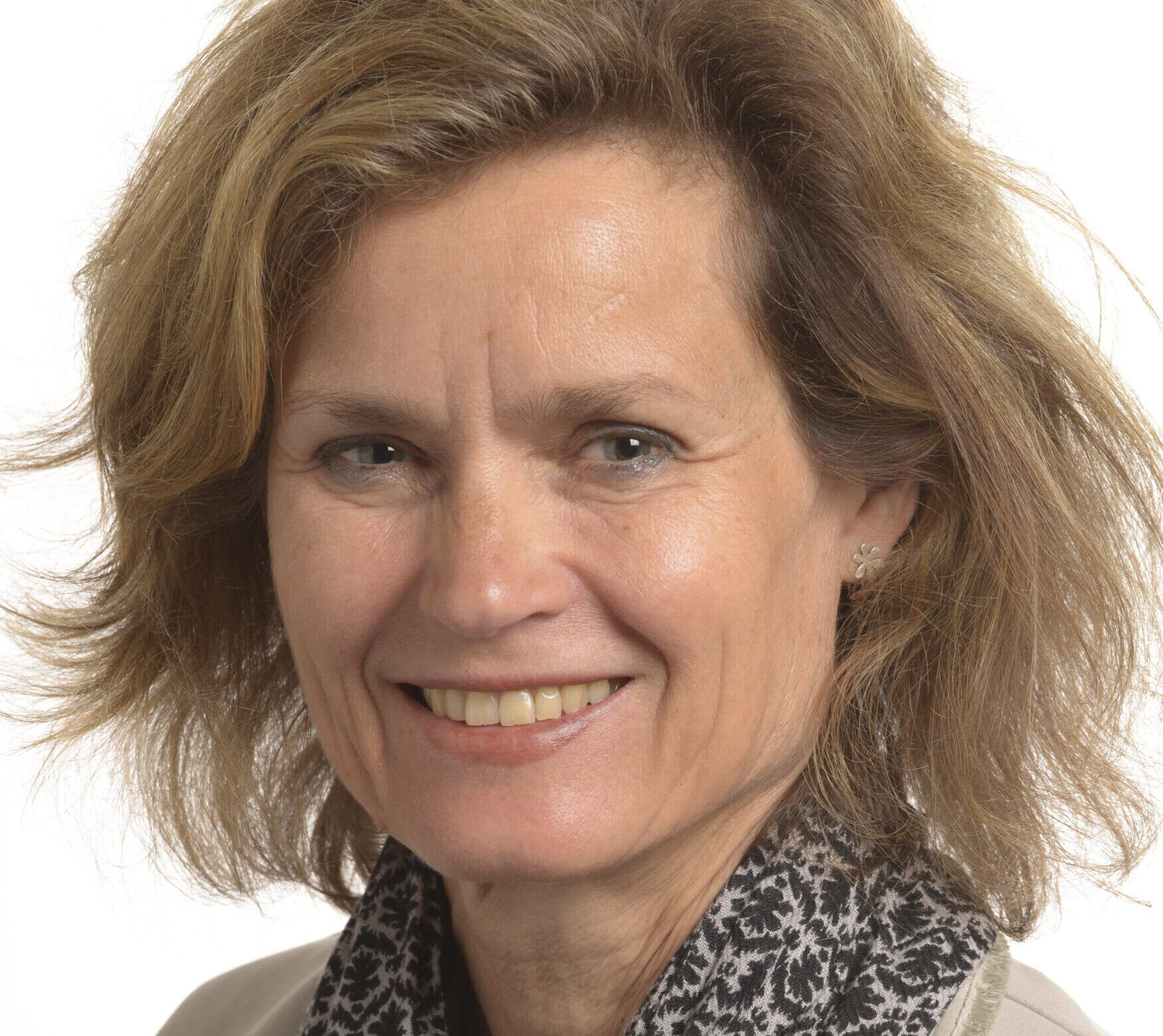
When I refused to stop criticizing the human rights situation, I was not invited anymore to the Chinese residence. Plus, other colleagues who were more friendly towards PRC representatives got a lot of presents. For example, around Christmas, they came with gift baskets to the European Parliament. It was quite obvious that China was trying to exert a certain kind of influence. They “rewarded” MEPs who were saying that everything was wonderful in China and “punished” those that criticized them.
What we can say with hindsight is that the Beijing Olympics were absolutely to the advantage of the Communist leadership. In the case of Qatar, some Socialist MEPs claimed that the country was opening up, that it had improved the rights of workers and of gay people, etc. My assessment is that as was the case with China, this was not about “opening up” and the nice rhetoric from Eva Kaili and others on Qatar is just not an accurate description of the facts, it’s propaganda.
Some say why lobby in the European Parliament instead at other places such as the European Commission or the Council?
It is always beneficial for third countries to have MEPs active for them on the European stage as we have seen in the case of Qatar and the debate in the Parliament In the run up to the World Cup. You can say it was not the most clever way to do it, but we also need more information on this case. Probably there is much more to it than just a single speech by Eva Kaili. Qatar has lots of money to spend, and they probably think it can buy them political influence in Europe.
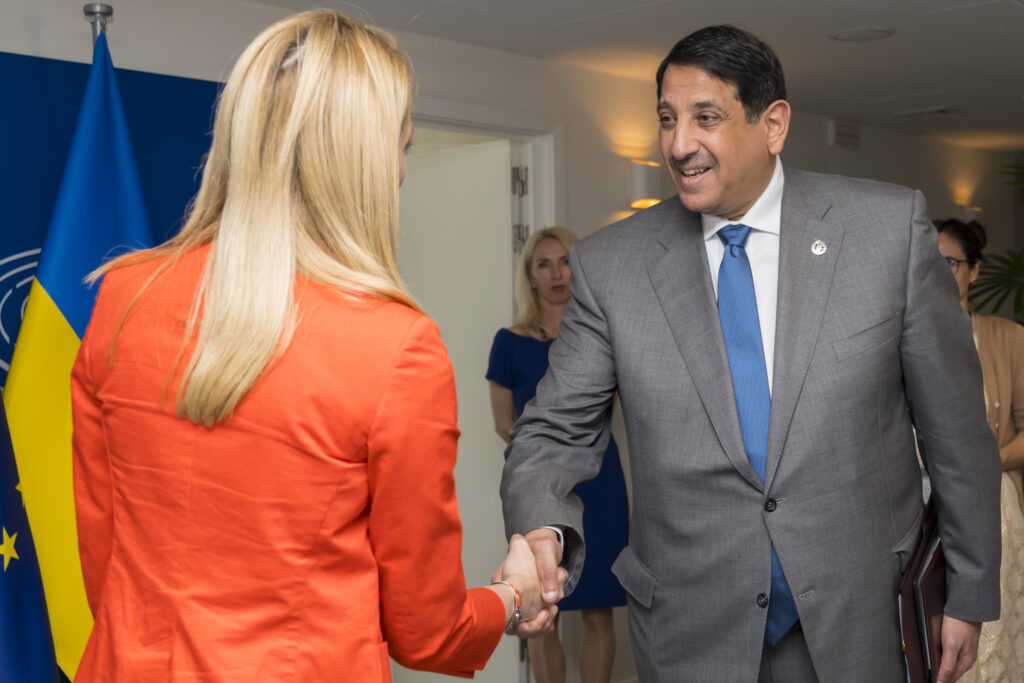
What makes the delegations of the European Parliament so prone to foreign interference?
The delegations in the European Parliament are considered friendship delegation by many, including by the countries concerned. My view at the time was very clear: when we deal with authoritarian regimes we cannot have a friendship group dominate the delegation. Of course, we have to talk to these countries, but we cannot put authoritarian countries on the same level as democratic states.
We need a political reassessment of the status of delegations in the Parliament: what is their task in relations with other countries, especially if the latter are not democratic? A delegation cannot only be a friendship group, it cannot disregard the political system or a state or what is happening inside that country. You can’t always say “Good job, well done, wonderful”. Why should we treat Canada in the same manner than China, Iran or Russia?

What else should be done?
The European Parliament needs to regulate its visits and meetings better, make them more transparent. There are already rules for that in place, but there is a question mark over the integrity of MEPs and whether they are ready to follow the rules. The culture needs to change, and the rules must be enforced.
‼️ BREAKING: The European Chief Prosecutor requested the lifting of immunity of 🇬🇷 MEPs Eva Kaili and Maria Spyraki on the basis of “suspicion of fraud detrimental to the EU budget.”
— EU Watch (@EUWatchBrussels) December 15, 2022
After #Qatargate, another scandal seems to have hit the @Europarl_EN. https://t.co/etl6IBiEAT pic.twitter.com/UG1e3wbLhD
How does lobbying work in the European Parliament, in terms of foreign governments?
Everyone engages in lobbying. A lot depends on the budget that is available, of course. As an MEP, you get invited to dinners, to deliver speeches or be part of a panel debate, etc. That is the normal way of lobbying. It works like that in Brussels and in Berlin or in Washington. Of course, it makes a huge difference if you are being lobbied by large multinational companies or by a small environmental group. Yet all of them pursue a common interest, which is to bring European laws and actions in line with their own interests. But that doesn’t necessarily mean that it is my interest as an MEP, or the general interest.
I, as an MEP, want to legislate in favour of citizens. In the end, it boils down to whether as a lawmaker you serve the general interest or the interest of some companies. If people do what the large multinational companies want them to do, they sooner or later get really well-paid jobs with those companies. And often, former MEPs return to the parliament as lobbyists for such special interests. That is highly problematic.
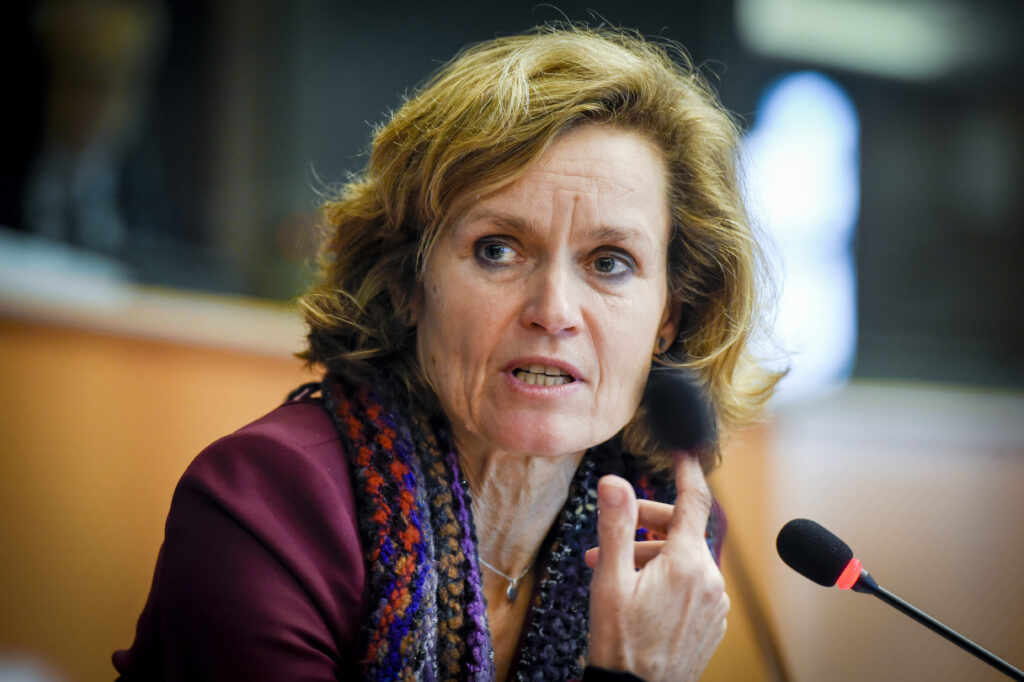
Is “Qatargate”, as the scandal has been referred to in the media, a cross-party problem or is it limited to the Socialist & Democrats group in the parliament?
The majority of people involved are part of the S&D Group. But there is a need to check which connections and contacts with certain Arab countries the other members of the delegations have had. We don’t know all of the facts yet, and I can’t speculate about who else could involved. What I have read in some media, including that up to 60 MEPs could be under investigation, is very worrying.
How can the cooperation and resilience of European institutions be strengthened when dealing with foreign interference?
There are now proposals on the table on what can be improved to prevent future cases. But essentially, our division of powers works. The Belgian prosecutors have been active and cooperated well with Italian and Greek authorities. Obviously, they must have had help and information from the European Parliament, from the EU anti-fraud office OLAF and from others. After all, this is an investigation that has been ongoing for some months.
The interview with the former member of the European Parliament from Germany and EU Watch co-founder was conducted by Michael Thaidigsmann, Nenad Jurdana and Arthur Duby.
Our most recent news
Register Now – Conference “Migration and Security: Safe Borders – Safe EU?”
EU Watch AISBL and HIAS Europe are delighted to invite you to our conference that is taking place on Monday, March 24 2025, at the Representation of the State of North-Rhein Westphalia to the EU, in Brussels.
EU: Taliban recognition hinges on full compliance with international norms
Read the response to our letter sent to EU foreign policy chief Josep Borrell regarding the EU’s Afghanistan policy and human rights issues, with a particular focus on Afghan women’s rights.
How the US election could shape Europe’s security future?
EU Watch interviewed Finnish politician Mika Aaltola, who serves for the first time as a Member of the European Parliament. We discussed the issues of the impact of US elections on Europe’s security, NATO and the EU enlargement.
‘Kaja Kallas is my hope for an EU that speaks with one voice’, says Austrian MEP Brandstätter
EU Watch interviewed Austrian politician Helmut Brandstätter, who serves for the first time as a Member of the European Parliament. We discussed the issues of Ukraine’s support, EU enlargement, migration and media freedom.

